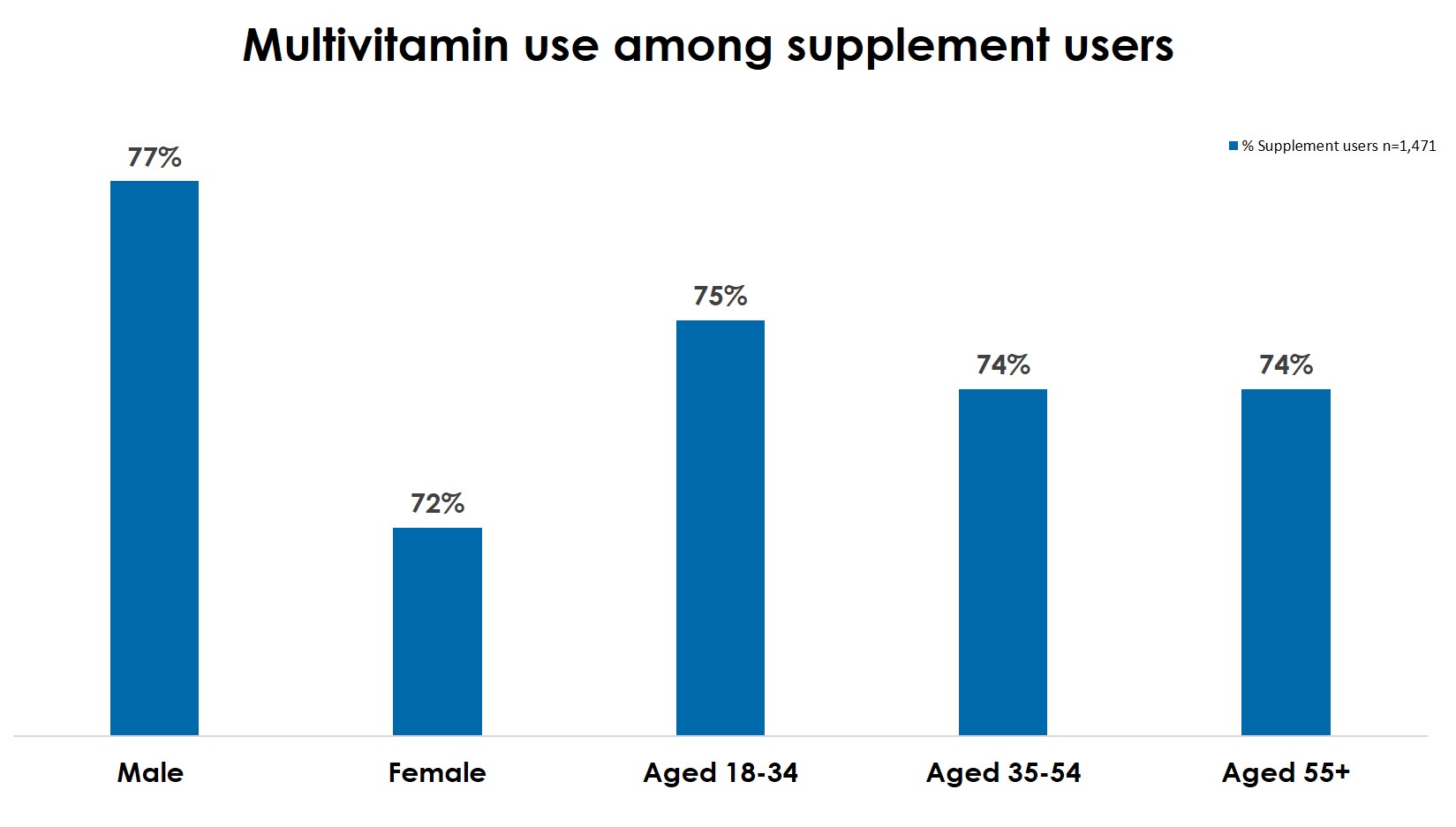
CRN calls unfounded conclusions of new multivitamin study 'a disservice' to the public
Research published in the British Medical Journal on Monday has attracted headlines in the consumer media like this one: “Multivitamins' 'benefits' are all in your head: study.” CRN issued a same-day public statement that calls into question the validity of the study and points out several of the limitations of that research. CRN’s Andrea Wong, Ph.D., senior vice president, scientific & regulatory affairs, called the research a “disservice to the public.”
Dr. Wong noted that, “Government data repeatedly demonstrate that Americans fall short in getting the appropriate amount of essential nutrients they need. For example, the 2020 Scientific Report from the Dietary Guidelines Advisory Committee (DGAC), identified vitamins A, C, D, E, and K, calcium, magnesium, dietary fiber, choline and potassium as under-consumed nutrients. To identify recommended levels of these nutrients to avoid deficiency, and then to acknowledge these shortfalls in many Americans’ diets, should alone be a strong justification for the valuable role that multivitamins and minerals can play to help meet those recommended levels when they are not met by diet alone.”
CRN reminds consumers that the primary role of a multivitamin is to fill nutrient gaps and to ensure the public gets the recommended levels of nutrients essential to everyday life. Read more. For more information about CRN’s response, please contact Dr. Andrea Wong.
CRN critiques BMJ study and defends multivitamin in media
- Unfounded conclusion of new multivitamin study provide disservice to the public, Chain Drug Review
- It is all in their heads? Experts criticize assumptions, structure of BMJ paper that blasts multivitamin use, NutraIngredients
- CRN Denounces Multivitamin Study Relying on Self-Reported Data, Nutraceuticals World
- Health benefits of supplements 'all in the mind' claims researchers, NutraIngredients
- Multivitamin efficacy all in our head? Industry lashes back at study finding no improvements, Nutrition Insight
- Multivitamins' 'Benefits' Are All in Your Head, HealthDay
The multivitamin, the most popular product among supplement users, helps consumers achieve recommended levels of essential nutrients
The multivitamin remains the most popular dietary supplement among all demographics, with nearly three-quarters of supplement users reporting taking a multivitamin in the past year according to the 2020 CRN Consumer Survey on Dietary Supplements.
Government data continues to demonstrate serious nutrient shortfalls among the U.S. population, as the majority of Americans fail to achieve recommended levels of essential nutrients through food alone. "[Multivitamins] are not intended to service as magic bullets for the prevention of serious diseases," Dr. Wong noted in coverage from Nutrition Insight. "However, the average price of a multivitamin is about a dime a day and [provides] a healthy choice to help consumers get the recommended levels of nutrients essential to everyday life, activity and body function."
 The 2020 Scientific Report from the Dietary Guidelines Advisory Committee highlights the role dietary supplements can play in supporting the health of Americans and how they can help various U.S. population groups that cannot achieve recommended nutrient levels from food alone. Read more.
The 2020 Scientific Report from the Dietary Guidelines Advisory Committee highlights the role dietary supplements can play in supporting the health of Americans and how they can help various U.S. population groups that cannot achieve recommended nutrient levels from food alone. Read more.


